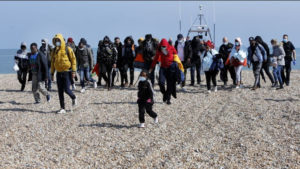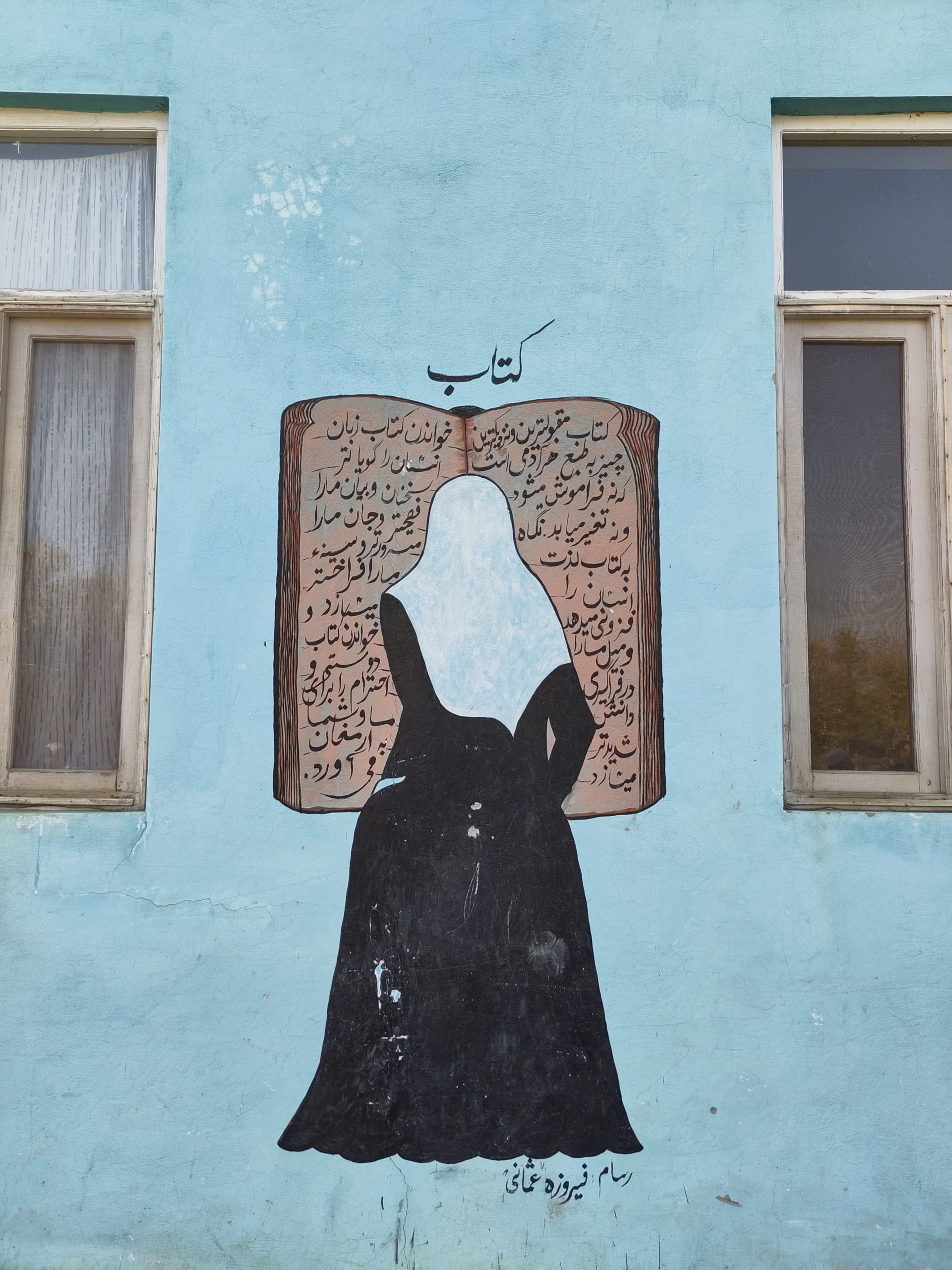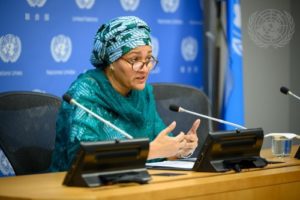Dear Members and Supporters
It is easy to imagine that instances of gross inhumanity towards civilians in wars, or during the movement of refugees, are the product of mistakes in the targeting of munitions or the actions of a few rogue elements in a country far away.
It is less easy for many of us who live in Europe to accept that our own governments and institutions might deliberately put in place policies whose consequences will inevitably and predictably result in the exposure of ordinary people to situations of inhumanity and gross violations of their rights, in clear breach of the governments’ obligations under international law.
And yet, on reflection, we all need to understand that this is what is happening. At its Annual General Meeting of members on 30 June, UAI in the UK heard presentations by Dr Jeff Crisp, Dr Lul Seyoum, and Sara Palacios Arapiles that set out in stark clarity exactly how recent developments in EU and UK refugee policies do indeed ‘institutionalise inhumanity’ and the consequences for the people affected.
Links to each of the presentations are given below.
The first link is to the Keynote Presentation by Dr Jeff Crisp, entitled ‘Institutionalizing Inhumanity: assessing recent developments in EU and UK refugee policies.’
Dr Crisp is an Associate Fellow at Chatham House and a Research Associate at the Refugee Studies Centre at the University of Oxford.
In response to the issues raised by Jeff Crisp in the keynote presentation, Dr Lul Seyoum reviewed earlier examples of attempts by Denmark and the UK to transfer the ‘problem’ of refugees and asylum seekers to other countries.
Dr Seyoum is a Vice-Chair of UAI in the UK as well as a Director of ICERAS (the International Centre for Eritrean Refugees and Asylum Seekers).
In a final contribution to the issue of institutionalising inhumanity, Sara Palacios Arapiles, drew attention to the Memorandum of Understanding agreed between Israel and Rwanda in 2014. The more recent use of similar agreements between Rwanda and Libya and Rwanda and Denmark have become so normalised that they are now supported by the UNHCR, the EU and the African Union.
Sara Palacios Arapiles is a member of the committee of UAI in the UK. She is a Spanish lawyer and, as a Doctoral Researcher in the School of Law at the University of Nottingham, has written extensively about refugee issues.
UAI protests these inhumane policies and joins with others in calling for policies towards refugees based on compassion and empathy.
In addition to the presentations of our three colleagues and the different situations they describe, we include here a link to a report by the UK’s Independent Chief Inspector on two camps for asylum-seekers, where the conditions were found to be unacceptable, leading to outbreaks of Covid-19 and high levels of mental health disorders.
The report includes photographs of conditions inside the two camps at the time of the inspection.
Photo credit © The photo accompanying this post was published on the UK Government International Aid and Development website on 11 September 2015. At the time, the Government was encouraging the public to offer shelter and support to refugees escaping the violence in Syria.











